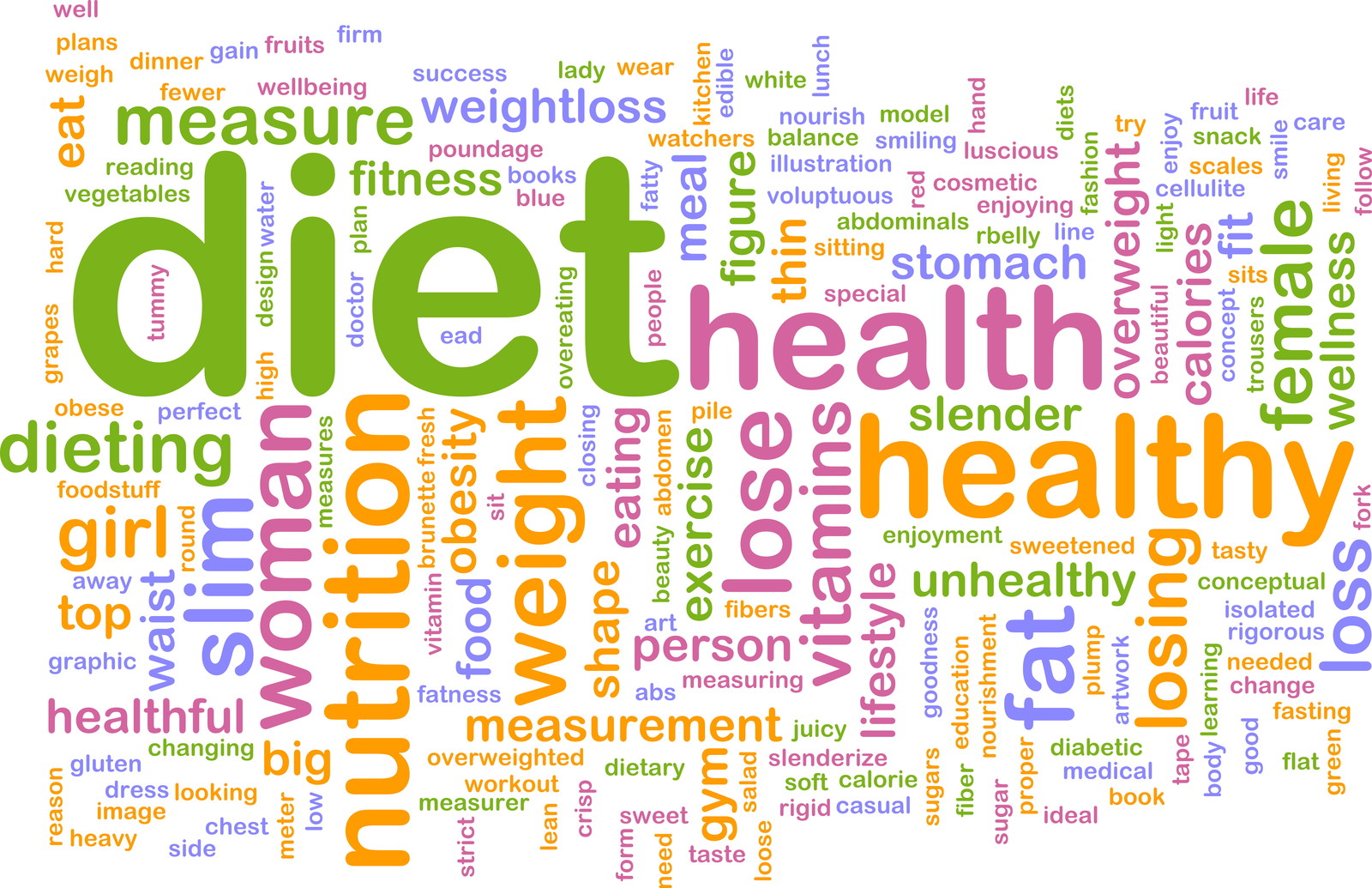[ad_1]
It is true that there are some disadvantages of having a vegetarian diet, but there are also a lot of advantages that can be gained from a vegetarian diet if it is set upon properly. There are a number of nutritional advantages of a vegetarian diet, here I will cover three of the major advantages to adopting a vegetarian diet.
The first advantage
The greatest advantage of eating in a healthier manner especially vegetarian is the benefits this will undoubtedly have on your heart. Often times vegetarians will eat a lot of nuts because they are high in protein, as an alternative to meats. Nuts are also filled with good fats such as Omega-3 and Omega-6. This is great for reducing bad cholesterol, and will also help unclog arteries, which helps circulate blood around the body better.
Consuming soy milk is also a good replacement for milk and this has also been linked with reducing bad cholesterol and promoting a good heart.
The second advantage
The next great advantage of being vegetarian is healthier skin.This will usually occur as a result of eating lots of fruits and vegetables together with nuts. The fruits and vegetables are littered with vitamins such as vitamin A,B and E, and these are all linked to healthier and better looking skin.
You will also get a great amount of fiber from fruits and vegetables, this will help take toxins out of the body, by flushing them out, which again promotes healthier skin.
The third advantage
The third and last advantage of being a vegetarian is the eating of antioxidants. The benefits of eating antioxidants have been well documented, and they help to get rid of free radicals. Vitamin C and also E are the strongest forms of antioxidants, and they are found in most vegetarian meals.
You can find vitamin C in carrots, citrus fruits as well as, kale, kiwi, asparagus, peppers and berries also. You can find vitamin E in olive oil, walnuts, almonds, brown rice and a number of other foods that are part of a balanced diet.
So what is the real truth about being a vegetarian?
Contrary to popular belief it is very possible to e healthy when you are a vegetarian. By doing it right this type of diet will be very beneficial and you will get the right amount of nutrients in also if undertaken properly. But as stated previously you will also have the added bonuses of having healthier skin, a better heart rate and the ability to fight of disease better such as cancer.
[ad_2]
Source by Johnny Roe
